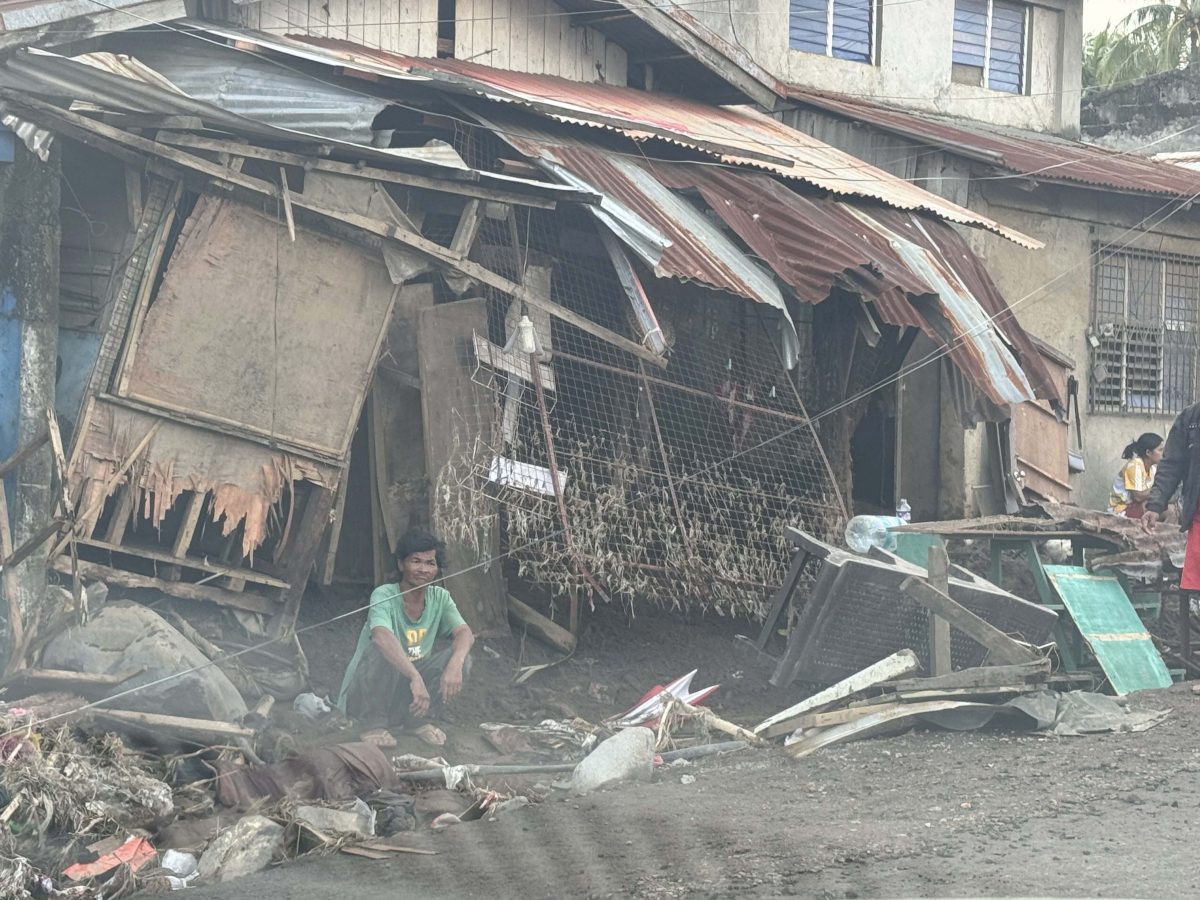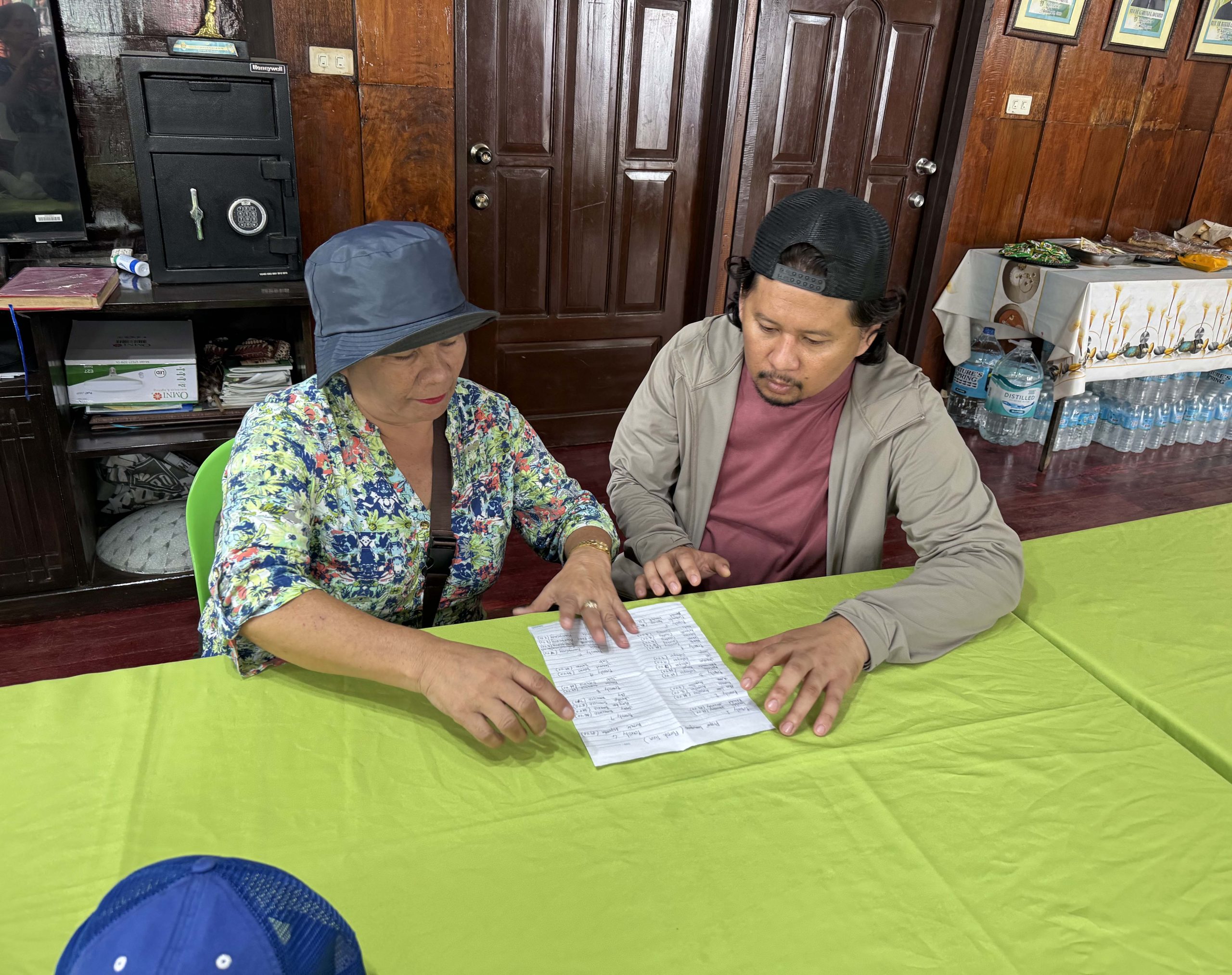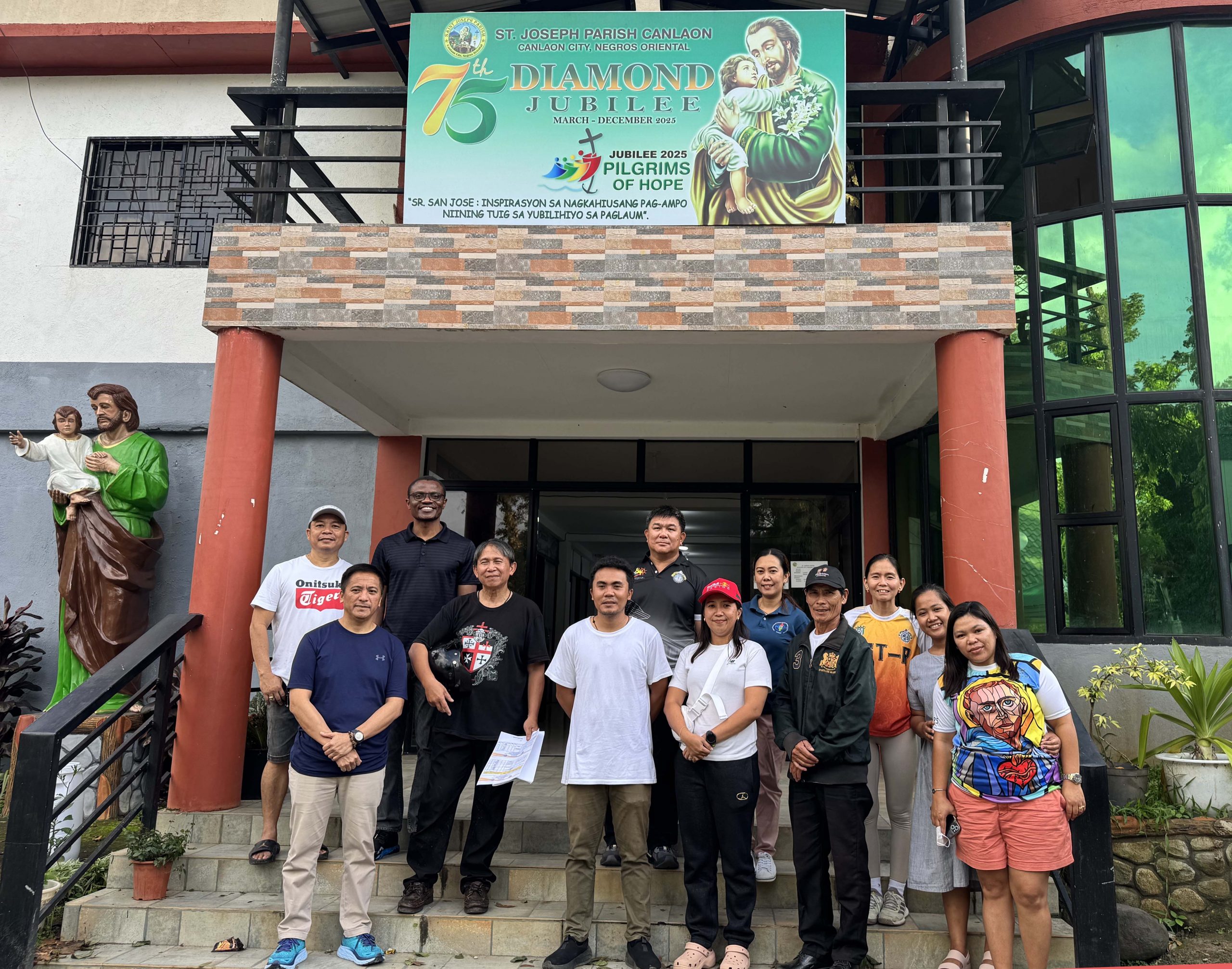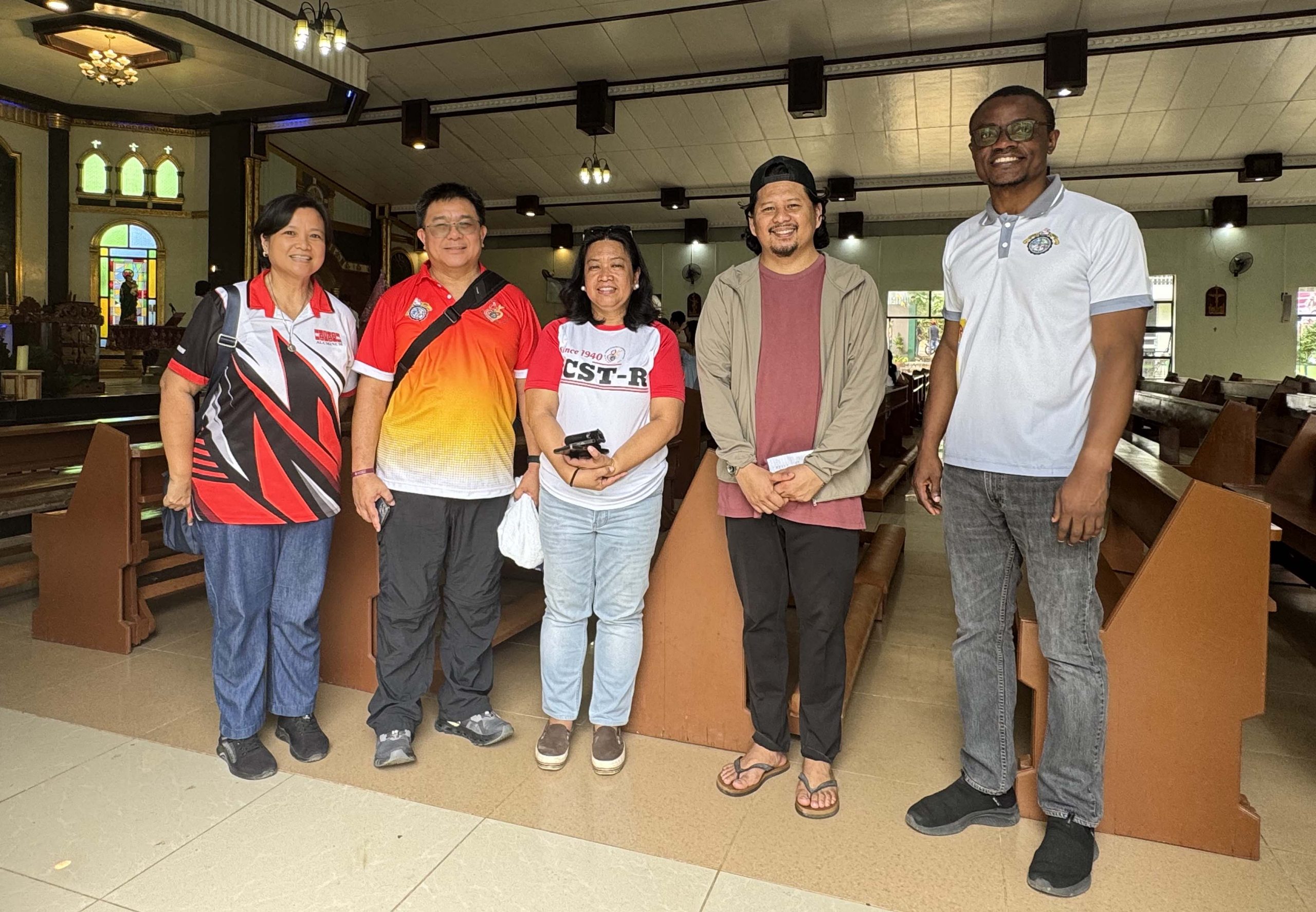
Photos and Story By Georgene and Ron Gabriel Quilaton-Tambiga
The Warning
Last November 3, 2025, the Philippine Institute of Volcanology and Seismology (Phivolcs) issued a warning to the Negrenses living in the vicinity of Mt. Kanlaon that volcanic sediments or lahar could overflow to their communities due to the rains brought by Typhoon Tino.
By then, the Philippine Atmospheric, Geophysical, and Astronomical Services Administration (Pagasa) raised Tropical Cyclone Wind Signal (TCWS) No. 3 in more areas in the Visayas and Mindanao. While Tino, internationally named Kalmaegi, fully developed into a typhoon, Canlaon City began experiencing heavy, non-stop rain, which according to Rev. Fr. Deary Jara, parish priest of the St. Joseph Parish, only abated by the late afternoon of November third. The rain did stop and the sky cleared—the type of calm and clear that would often only happen before the strongest of tempests.

Lahar and Flood Became Real
By nightfall the rain resumed. Beginning with gentle patters to heavy downpours, all while Tino had not yet made its estimated landfall on the north of Negros Island.
On the morning of November 4, residents woke up to mocha colored water rushing down and made even more powerful by volcanic boulders as big or even bigger than houses and SUVs. Rocks, sediments, uprooted trees with de-barked trunks, galvanized iron roofing, purlins, motorcycles, cars, sofas, lives. All rushed downhill annihilating everything and everyone in its wake.
The Thomasians’ Response
On November 6, 2025, in response to the social media posts that trickled on Facebook newsfeeds that Canlaon City residents were in dire need of drinking water, Colegio de Sto. Tomas-Recoletos, Inc. Community Extension and Development Office (CEDO), led by Rev. Fr. Cristopher C. Maspara, OAR, school president, travelled upland with at least 120 large bottles of drinking water and 240 packs of crackers for the typhoon victims. CEDO was among the very first private organizations to reach Canlaon City and give help after Tino.
The Thomasian Team also included Rev. Fr. Joel Dequilla, OAR, Vice-President for Finance and Administration; and Rev. Fr. Monday Benjamine Edobor, OAR, Vice-President Identity, Formation and Mission, school staff, Thomasian alumni and students who went with their parents.
In Barangay Panubigan, the entry to Canlaon, the aftermath of the typhoon was grippingly disturbing. Rice terraces that were once landmarks were levelled and covered with silt. Houses along the road reduced to a rubble of boulders, mud and indistinguishable iron. Stores were half filled with mud. Wheels of brand-new and old motorcycles stuck out of the debris.
Inside the city center, the streets were filled with more mud, rocks and boulders. One could simply wonder how such massive rocks ended up on the roads and residential areas. Water was still gushing out of roadsides while heavy machinery tried to clear what nature had reclaimed through the typhoon.
Upon interview with Fr. Jara, he identified that the typhoon victims needed drinking water the most. The city’s water reservoir in Barangay Pula, located at an even higher altitude than the city center, had been destroyed by the flood and the rushing rocks.
Thus, after turning over the goods to the parish through its Social Action Center and to the local government unit, CEDO re-grouped and prepared for another operations on November 8.
This time with 175 bottles (each at 6.6 liters) and cash aid to three families of Augustinian Recollect religious, CEDO went up to Canlaon City again. Hunger and thirst spread fast but solidarity and love spread even faster.
With donations from private individuals and the quick mobilization of the Parish of St. Joseph, drinking water reached the farthest communities. Residents whose houses were totally or partially damaged received help alike.
In Guihulngan City
Ms. Mary Fretz Mayormita, a resident of Guihulngan City, Negros Oriental and a Thomasian teacher in the Basic Education Department, also received help from her Thomasian community—drinking water to canned goods, rice and household hygiene staples. Her family’s home by the river was flooded during the typhoon’s onslaught.
In fact, they have not even finished scraping mud from the floor and washing linens when CEDO arrived on November 7. Ms. Mayormita’s parents compared their situation to the aftermath of the 2012 earthquake that also reduced their small city to a ground zero. Their most dire need was also drinking water.
Flowing Gift of Solidarity and Relief
ARCORES Filipinas and ARCORES International then arrived on November 10, 2025. Rev. Fr. Albert Peleazar, OAR, president of ARCORES Filipinas, brought with him at least 200 containers of drinking water and canned goods. La Salud Water was how the containers were labelled—an effort dedicated to Nuestra Señora de La Salud (Our Lady of Health) in the hope of bringing healing to the people of Canlaon.
Volunteers from RESOURCE-Handumanan in Bacolod City comprised the ARCORES team.
Then, this November 15, more than a week after the disaster that re-shaped Canlaon City, CST-R’s Student Development and Placement Center (SDPC) will conduct a stress de-briefing activity for the school children whose lives the typhoon Tino had re-structured. Ms. Ma. Nita V. Bolo, RGC, PhD, head of CST-R SDPC, will lead the psycho-social program.
The Sisters of the Holy Family of Villefranche and the Graduate School students of Colegio de Sta. Rita de San Carlos are also collaborating in this activity for the child-survivors in Canlaon.











